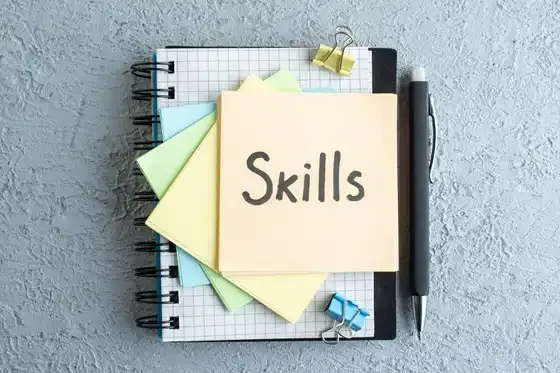Shopping cart
Your cart empty!
Terms of use dolor sit amet consectetur, adipisicing elit. Recusandae provident ullam aperiam quo ad non corrupti sit vel quam repellat ipsa quod sed, repellendus adipisci, ducimus ea modi odio assumenda.
Lorem ipsum dolor sit amet consectetur adipisicing elit. Sequi, cum esse possimus officiis amet ea voluptatibus libero! Dolorum assumenda esse, deserunt ipsum ad iusto! Praesentium error nobis tenetur at, quis nostrum facere excepturi architecto totam.
Lorem ipsum dolor sit amet consectetur adipisicing elit. Inventore, soluta alias eaque modi ipsum sint iusto fugiat vero velit rerum.
Sequi, cum esse possimus officiis amet ea voluptatibus libero! Dolorum assumenda esse, deserunt ipsum ad iusto! Praesentium error nobis tenetur at, quis nostrum facere excepturi architecto totam.
Lorem ipsum dolor sit amet consectetur adipisicing elit. Inventore, soluta alias eaque modi ipsum sint iusto fugiat vero velit rerum.
Dolor sit amet consectetur adipisicing elit. Sequi, cum esse possimus officiis amet ea voluptatibus libero! Dolorum assumenda esse, deserunt ipsum ad iusto! Praesentium error nobis tenetur at, quis nostrum facere excepturi architecto totam.
Lorem ipsum dolor sit amet consectetur adipisicing elit. Inventore, soluta alias eaque modi ipsum sint iusto fugiat vero velit rerum.
Sit amet consectetur adipisicing elit. Sequi, cum esse possimus officiis amet ea voluptatibus libero! Dolorum assumenda esse, deserunt ipsum ad iusto! Praesentium error nobis tenetur at, quis nostrum facere excepturi architecto totam.
Lorem ipsum dolor sit amet consectetur adipisicing elit. Inventore, soluta alias eaque modi ipsum sint iusto fugiat vero velit rerum.
Do you agree to our terms? Sign up

The modern workplace has shifted dramatically. In 2025, your degree alone no longer guarantees employability. Employers now prioritize skills that combine digital competence with human strength, ensuring workers can adapt, innovate, and collaborate in a technology-driven, global environment.
Here are the five essential skills professionals must master:
AI is no longer confined to specialists. Organizations across industries—including healthcare, marketing, and finance—rely on AI for everyday operations. Professionals who understand AI basics, can analyze data, and leverage it to solve real business problems are highly sought after.
How to build it: Enroll in AI and data courses, practice AI tools on work projects, and learn data visualization techniques.
Digital literacy forms the backbone of modern work. Knowledge of cloud platforms, cybersecurity, spreadsheets, and basic coding is increasingly expected—even in non-technical roles. Employees must also be comfortable collaborating in hybrid and tech-enabled workplaces.
How to build it: Gain hands-on experience with cloud tools, databases, and cybersecurity basics. Short certifications can boost credibility.
Employers value workers who can navigate uncertainty, partial data, and complex challenges. Critical thinking allows you to assess evidence, question assumptions, and make informed decisions, while problem-solving demonstrates the ability to turn analysis into actionable solutions.
How to build it: Engage in scenario planning, case studies, or volunteer in projects that require innovative solutions.
Technical skills matter less if they cannot be shared effectively. Teams need professionals who can communicate clearly, manage conflicts, and collaborate seamlessly. Emotional intelligence—understanding and regulating emotions—enhances leadership, teamwork, and workplace relationships.
How to build it: Take part in group projects, seek feedback on your communication style, and practice public speaking or facilitation skills.
In a fast-changing workplace, continuous learning is critical. Adaptable, curious, and flexible professionals who expand their knowledge across domains remain valuable. Lifelong learners can pivot with changing technology, markets, and roles, staying ahead of the curve.
How to build it: Set personal learning goals, explore interdisciplinary skills, and leverage online resources for continuous development.
Success in 2025 requires a balanced blend of technology and human judgment. AI and digital literacy open doors, but critical thinking, teamwork, and adaptability ensure long-term relevance. Employers reward self-driven learning and adaptability, making these traits indispensable for a thriving career.
6
Published: Sep 28, 2025